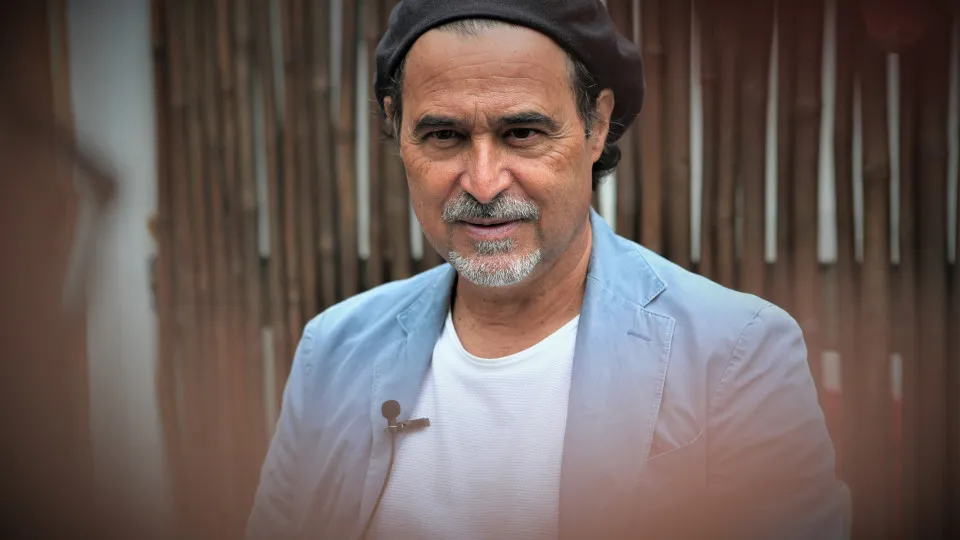
“Freedom of expression is much greater than it was then. Now, there are other freedoms that are still questioned, such as the freedom of assembly,” the author stated in an interview regarding the 50th anniversary of Angola’s independence, which is celebrated on November 11.
Currently, people can speak and publish without major restrictions, with “many independent newspapers” and media outlets that are not aligned with the regime, noted Agualusa.
“Every time I was in Angola for book launches, I spoke everywhere, so it is not a problem of freedom of expression, in my view,” he added.
The author of “General Theory of Oblivion” highlighted that social inequality remains one of the country’s major issues.
“This inequality increased immensely when the capitalist system was chosen, after the socialist period of the one-party [MPLA – People’s Movement for the Liberation of Angola],” Agualusa observed, adding that even the elites who once became wealthy are not enriching as much anymore, with “extreme social inequality” persisting.
The Angolan writer also emphasized that corruption and nepotism continue to hinder the development of the Lusophone country, stating that these issues divert resources from areas that should be prioritized.
“The priority in Angola should be education, basic education, and health (…) Unfortunately, the country continues to spend a lot of money on large constructions, often without justification,” he criticized.
Agualusa, however, believes that the new generation of young people, who are very “combative” and “fierce,” and “interested in changing the situation,” is essential for transforming Angola.
“I believe only this new generation can transform Angola. If there is a possibility of transformation, it has to be with the youth,” he stressed.
Regarding changes after half a century of independence, the author acknowledges that Angola has made significant progress, especially in education and living conditions.
“In the colonial era, there was much misery. I remember as a child, even in the streets of cities, even in Huambo – [Angolan city, where the writer was born in 1960] -, where I lived, most people were barefoot. Few people had money to buy shoes,” he recalled.
In contrast to that period, independence improved living conditions, but it did not bring everything that was desired, such as “social justice, wealth for all, education, health, etc.,” although the situation is “worse than what lived in the colonial era.”
“Today Angolans decide their destiny,” he stated, emphasizing that many learned to read and write.
The writer concludes that, despite the difficulties, Angola “has made progress in many aspects,” and that the country’s future will depend on society’s ability to keep freedom and critical awareness alive.




